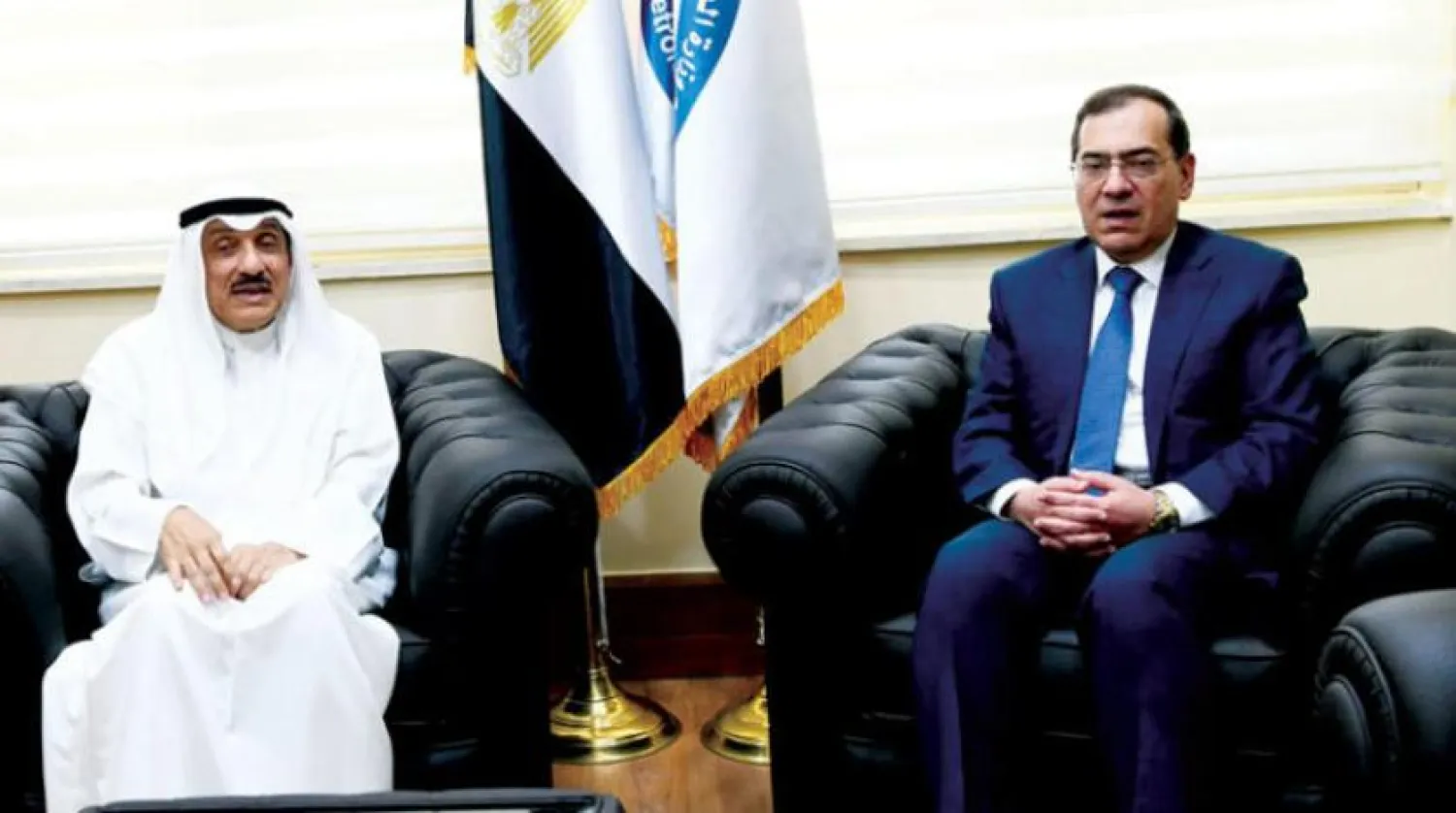Apex Chairman of the Board of Directors Roger Plank held talks on Monday with Egypt’s Minister of Petroleum and Mineral Resources Tarek El Molla.
Plank said his company is currently studying the expansion of its activities in Egypt’s Western Desert by acquiring several already producing concession areas and intensifying drilling operations in these areas to increase output and maintain production rates from obsolete fields.
“This is in addition to Apex’s 50-50 partnership with Eni in East Siwa, in which it manages the operations and will be implementing a work program with investments of $2 million, rising to $3 million over the research period,” Plank noted.
He reviewed the most important indicators of the company’s performance over the past years, noting that the company’s total investments since the beginning of its work amounted to $38 million and plans to reach investments of $82 million.
Plank added that the company’s current crude oil production rate is about 6,000 barrels per day, with plans to reach 7,000 bpd.
Molla, for his part, said the Western Desert area is still rich in many distinguished investment opportunities.
He pointed out that the petroleum sector is working to attract international oil companies specialized in maintaining and increasing the productivity rates of aging fields.
Modern technologies have opened wider areas for petroleum work in depths that were not possible before, the minister explained.
Apex launched its activities in Egypt in 2017 by signing the first exploration agreement in the East Meleiha area in the Western Desert, which resulted in exploring crude oil in the Fajr field. It operates several hydrocarbon fields in the Western Desert of Egypt with its joint-venture company PetroFarah.
Molla also held talks on Monday with Secretary-General of the Organization of Arab Petroleum Exporting Countries (OAPEC) Ali bin Sabt.
Discussions tackled the progress of OAPEC’s working plan, which has been approved by the organization’s ministerial council to achieve its goals and cope with the latest regional and international developments.
The working plan includes the development of 12 fields and is considered a roadmap for the organization.
The roadmap includes boosting the relationship between OAPEC’s general secretariat and Arab companies, improving scientific research, enhancing OAPEC’s role in training, and developing the petroleum media’s role.









